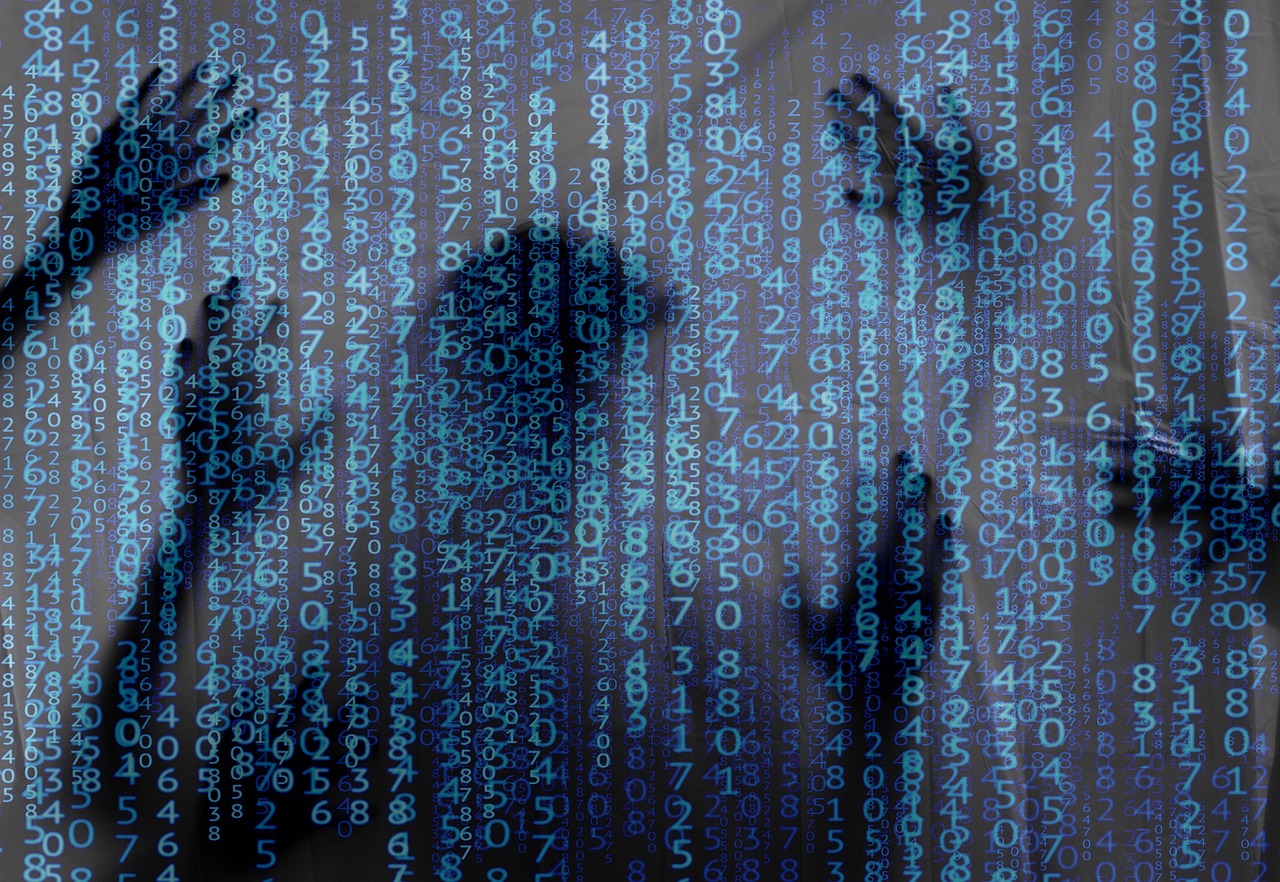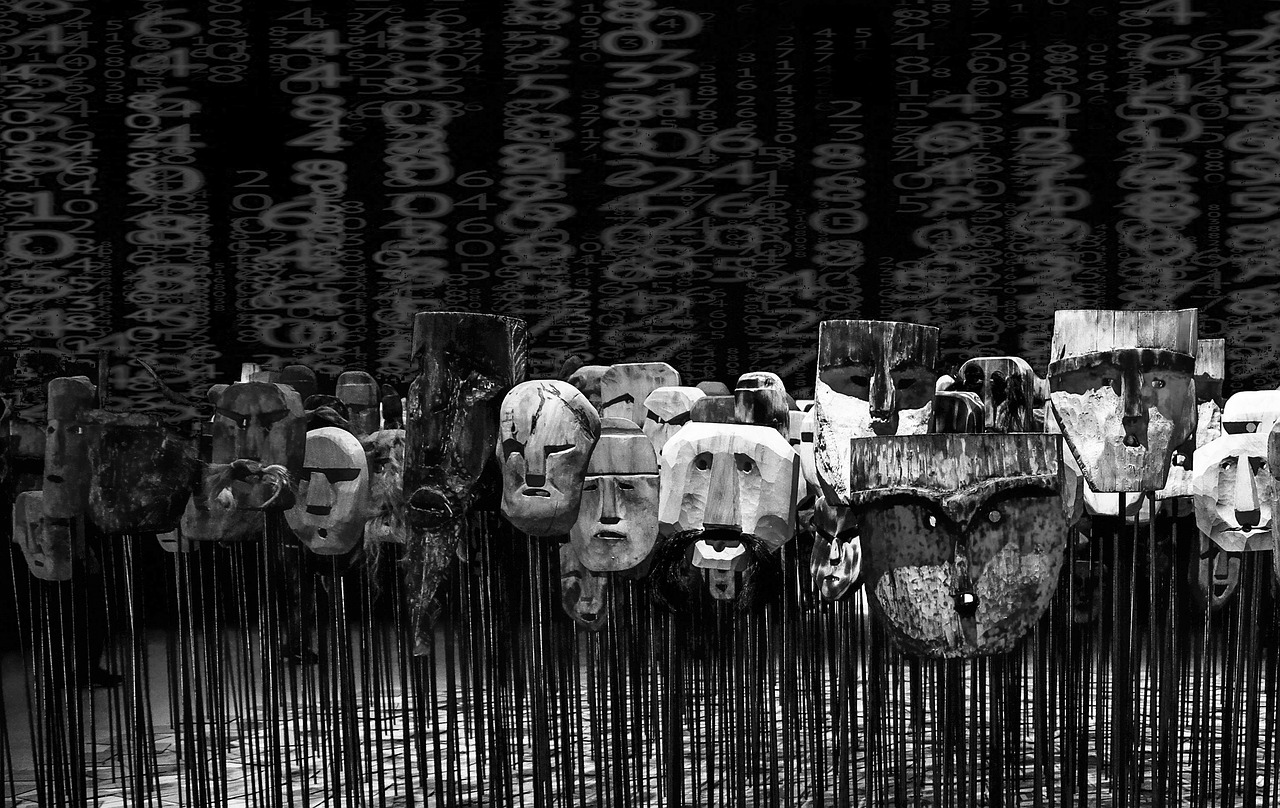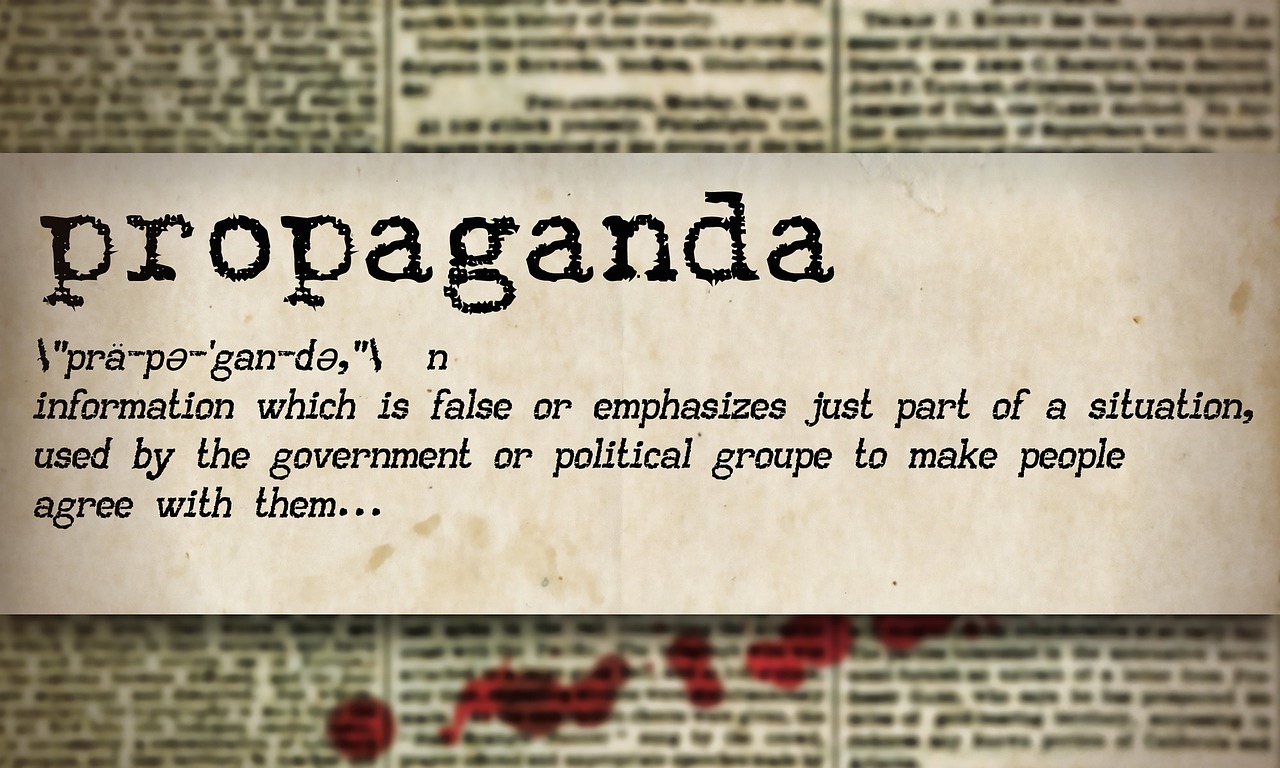The Role of Propaganda in Totalitarian Regimes
Propaganda plays a crucial role in shaping public opinion and maintaining control in totalitarian regimes. It is a powerful tool used to manipulate information, spread ideologies, and suppress dissent, ultimately serving as the lifeblood of oppressive systems. The art of propaganda is akin to a magician's sleight of hand, weaving illusions and distorting reality to suit the narrative of those in power. Understanding the intricate mechanisms of propaganda is essential in unraveling the complexities of totalitarian regimes.

Definition of Propaganda
Propaganda plays a crucial role in shaping public opinion and maintaining control in totalitarian regimes. It is used to manipulate information, spread ideologies, and suppress dissent. Understanding its mechanisms is essential in analyzing the functioning of such oppressive systems.
Propaganda involves the dissemination of biased or misleading information to promote a particular political agenda or ideology. It aims to influence people's beliefs, attitudes, and behaviors through various communication channels.
Totalitarian regimes like Nazi Germany and Stalinist Russia extensively used propaganda to control the masses, glorify leaders, and demonize enemies. These regimes employed sophisticated propaganda techniques to maintain power.
Propaganda employs various tactics such as censorship, manipulation of information, emotional appeals, and repetition to sway public opinion. Understanding these techniques is crucial in recognizing and countering propaganda efforts.
Propaganda in totalitarian regimes can have profound effects on society, leading to the suppression of dissent, the promotion of conformity, and the erosion of critical thinking. It can shape public perception and justify repressive actions by the government.
In the digital age, propaganda has evolved to include social media manipulation, fake news, and online disinformation campaigns. Totalitarian regimes and authoritarian governments continue to exploit these tools to control narratives and suppress opposition.
Efforts to combat propaganda in totalitarian regimes involve promoting media literacy, supporting independent journalism, and exposing misinformation. Counterpropaganda aims to empower individuals to critically evaluate information and resist manipulation.
The use of propaganda raises ethical questions concerning manipulation, deception, and the violation of individual rights. Examining the ethical implications of propaganda in totalitarian regimes is essential for upholding democratic values and human rights.

Historical Examples
Throughout history, totalitarian regimes have utilized propaganda as a powerful tool to control and manipulate the masses. One of the most infamous examples is Nazi Germany under the rule of Adolf Hitler. The Nazi regime employed propaganda extensively through various mediums such as posters, radio broadcasts, and films to propagate anti-Semitic beliefs, glorify Hitler as a charismatic leader, and instill fear among the population.
In Stalinist Russia, Joseph Stalin implemented a cult of personality through propaganda to maintain his grip on power. Soviet propaganda portrayed Stalin as a benevolent and omnipotent leader, while simultaneously demonizing political opponents as enemies of the state. The regime controlled all forms of media and education to ensure the dissemination of propaganda aligning with the government's ideology.
Both Nazi Germany and Stalinist Russia used propaganda not only as a means of communication but also as a tool for social engineering. The manipulation of information and the distortion of reality through propaganda played a significant role in shaping public opinion, fostering loyalty to the regime, and suppressing dissent.

Propaganda Techniques
Propaganda plays a crucial role in shaping public opinion and maintaining control in totalitarian regimes. It is used to manipulate information, spread ideologies, and suppress dissent. Understanding its mechanisms is essential in analyzing the functioning of such oppressive systems.
Propaganda involves the dissemination of biased or misleading information to promote a particular political agenda or ideology. It aims to influence people's beliefs, attitudes, and behaviors through various communication channels.
Totalitarian regimes like Nazi Germany and Stalinist Russia extensively used propaganda to control the masses, glorify leaders, and demonize enemies. These regimes employed sophisticated propaganda techniques to maintain power.
Propaganda employs various tactics such as censorship, manipulation of information, emotional appeals, and repetition to sway public opinion. Understanding these techniques is crucial in recognizing and countering propaganda efforts.
Propaganda in totalitarian regimes can have profound effects on society, leading to the suppression of dissent, the promotion of conformity, and the erosion of critical thinking. It can shape public perception and justify repressive actions by the government.
In the digital age, propaganda has evolved to include social media manipulation, fake news, and online disinformation campaigns. Totalitarian regimes and authoritarian governments continue to exploit these tools to control narratives and suppress opposition.
Efforts to combat propaganda in totalitarian regimes involve promoting media literacy, supporting independent journalism, and exposing misinformation. Counterpropaganda aims to empower individuals to critically evaluate information and resist manipulation.
The use of propaganda raises ethical questions concerning manipulation, deception, and the violation of individual rights. Examining the ethical implications of propaganda in totalitarian regimes is essential for upholding democratic values and human rights.
Propaganda techniques are diverse and manipulative, designed to control and influence public opinion. They include:
- Censorship: Restricting access to information to control what the public knows.
- Emotional Appeals: Evoking strong emotions to sway opinions and actions.
- Repetition: Constantly reinforcing a message to make it seem true.
- False Information: Spreading lies and misinformation to deceive the public.
Stay informed by checking out these common questions:
- How does propaganda impact individuals?
- What role does technology play in modern propaganda?
- How can individuals recognize and resist propaganda?
- What ethical concerns surround the use of propaganda?

Impact on Society
Propaganda in totalitarian regimes exerts a profound impact on society, permeating through every aspect of public life. The dissemination of biased information and manipulation of narratives serve to suppress dissenting voices, instill fear, and cultivate a culture of obedience. As propaganda inundates the media landscape, individuals are bombarded with distorted truths and manufactured realities, blurring the line between fact and fiction.
Furthermore, the promotion of conformity through propaganda leads to a homogenized society where diversity of thought is stifled, and individuality is sacrificed at the altar of state control. Critical thinking becomes a rare commodity as citizens are coerced into accepting the official narrative without question, creating a populace devoid of skepticism and independent judgment.
The erosion of civil liberties under the guise of national security is a common repercussion of pervasive propaganda. By shaping public perception and justifying repressive measures, totalitarian regimes use propaganda to legitimize human rights abuses, censorship, and surveillance. Dissent is swiftly quashed, and opposition is branded as treason, perpetuating a climate of fear and suspicion among the populace.
Moreover, the long-term effects of propaganda on society are insidious, as generations are indoctrinated with distorted historical narratives and skewed ideologies. The manipulation of education curricula, cultural productions, and public discourse ensures the perpetuation of the regime's propaganda long after its demise, leaving a legacy of misinformation and collective trauma.

Modern Applications
Modern Applications of propaganda have taken on new forms in the digital era, with totalitarian regimes and authoritarian governments leveraging social media manipulation, fake news, and online disinformation campaigns to control narratives and suppress dissent. The instantaneous and widespread nature of the internet allows propaganda to reach a vast audience within seconds, blurring the lines between truth and falsehood. By utilizing algorithms and targeted messaging, these regimes can tailor propaganda to specific demographics, amplifying their influence and perpetuating misinformation.
Moreover, the anonymity and rapid dissemination of information on the internet make it challenging to discern the authenticity of sources, enabling propaganda to masquerade as legitimate news. The proliferation of deepfake technology further complicates the landscape, allowing for the creation of convincing yet entirely fabricated content that can deceive even the most discerning individuals. As a result, distinguishing between genuine information and propaganda has become increasingly difficult in the digital age, posing a significant threat to public discourse and democratic values.

Resistance and Counterpropaganda
Resistance and counterpropaganda play a vital role in challenging the influence of propaganda in totalitarian regimes. In the face of pervasive manipulation and misinformation, individuals and groups strive to uphold truth and promote critical thinking. One effective strategy in combating propaganda is through media literacy programs that educate people on how to discern credible sources from false information. By equipping individuals with the skills to analyze and evaluate media content, resistance efforts aim to empower citizens to resist manipulation and propaganda tactics.
Furthermore, supporting independent journalism is crucial in countering the spread of propaganda. Independent media outlets provide alternative perspectives and fact-checking mechanisms that challenge the official narratives propagated by totalitarian regimes. By promoting a diverse range of voices and ensuring transparency in reporting, independent journalism serves as a bulwark against the dissemination of misleading information and propaganda.
Another key aspect of resistance and counterpropaganda is the exposure of misinformation and propaganda campaigns. By actively debunking false narratives and highlighting the tactics used to manipulate public opinion, individuals and organizations can undermine the credibility of propaganda efforts. Through fact-checking initiatives and collaborative efforts to expose propaganda techniques, counterpropaganda aims to raise awareness and foster a more informed citizenry.
Moreover, fostering a culture of critical thinking and skepticism is essential in resisting the influence of propaganda. Encouraging individuals to question information, seek multiple sources, and engage in reasoned analysis can help inoculate society against the deceptive tactics employed by totalitarian regimes. By promoting intellectual independence and encouraging a healthy skepticism towards information, resistance efforts aim to build a more resilient and discerning population capable of resisting propaganda.

Ethical Considerations
The use of propaganda in totalitarian regimes raises significant ethical considerations that delve into the core of moral values and human rights. At its essence, propaganda manipulates information and distorts reality to serve a specific political agenda, often at the expense of truth and individual autonomy. This manipulation can lead to the erosion of trust in institutions, the suppression of dissenting voices, and the perpetuation of falsehoods as truths.
One ethical dilemma posed by propaganda is the infringement on individuals' right to access accurate and unbiased information. By controlling the narrative and limiting the diversity of viewpoints, propaganda restricts the fundamental right to freedom of speech and expression. This restriction can have far-reaching consequences on society, stifling intellectual discourse and hindering the pursuit of truth.
Moreover, the use of propaganda raises questions about the moral responsibility of those who create, disseminate, and consume propagandistic content. Are individuals complicit in perpetuating propaganda if they passively accept and share misleading information? How can individuals guard against manipulation and make informed decisions in a landscape saturated with propaganda?
Furthermore, the ethical implications of propaganda extend to the broader societal impact, including the normalization of deception and the erosion of democratic principles. Totalitarian regimes often justify their use of propaganda as necessary for maintaining order and unity, but at what cost does this unity come? Is the sacrifice of individual freedoms and critical thinking justified in the pursuit of a cohesive society?
As we navigate the complex terrain of propaganda in totalitarian regimes, it is imperative to critically examine the ethical dimensions of information manipulation. By fostering a culture of transparency, accountability, and ethical awareness, we can strive to uphold democratic values, protect human rights, and resist the insidious influence of propaganda.
Frequently Asked Questions
- What is the primary purpose of propaganda in totalitarian regimes?
The main goal of propaganda in totalitarian regimes is to shape public opinion, maintain control over the population, and promote the ruling ideology. It is used to manipulate information, suppress dissent, and glorify the leaders of the regime.
- How does propaganda impact society in totalitarian regimes?
Propaganda in totalitarian regimes can have significant effects on society, including the suppression of dissent, the promotion of conformity, and the erosion of critical thinking. It can also justify repressive actions by the government and shape public perception.
- What are some common propaganda techniques used in totalitarian regimes?
Totalitarian regimes employ various propaganda tactics such as censorship, manipulation of information, emotional appeals, and repetition to influence public opinion. Understanding these techniques is crucial in identifying and countering propaganda efforts.
- How can individuals resist propaganda in totalitarian regimes?
Individuals can resist propaganda by enhancing their media literacy, supporting independent journalism, and learning to critically evaluate information. By being aware of propaganda techniques, individuals can resist manipulation and make informed decisions.
- What ethical considerations are raised by the use of propaganda in totalitarian regimes?
The use of propaganda raises ethical concerns regarding manipulation, deception, and the violation of individual rights. It is essential to examine the ethical implications of propaganda in totalitarian regimes to uphold democratic values and human rights.



















